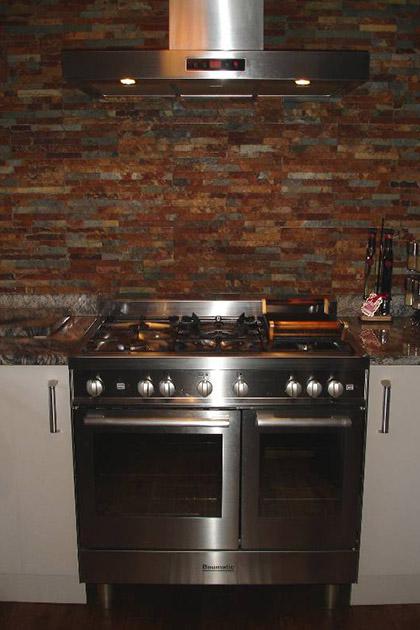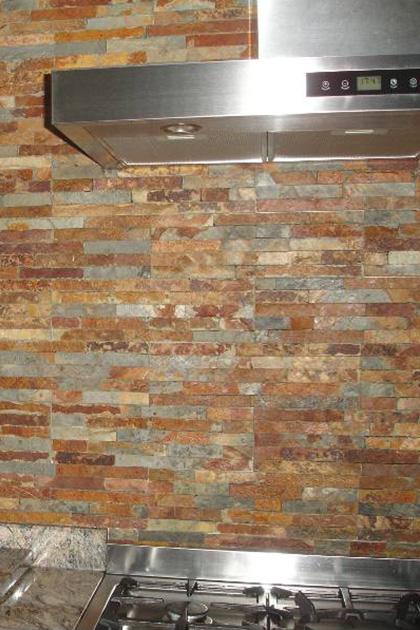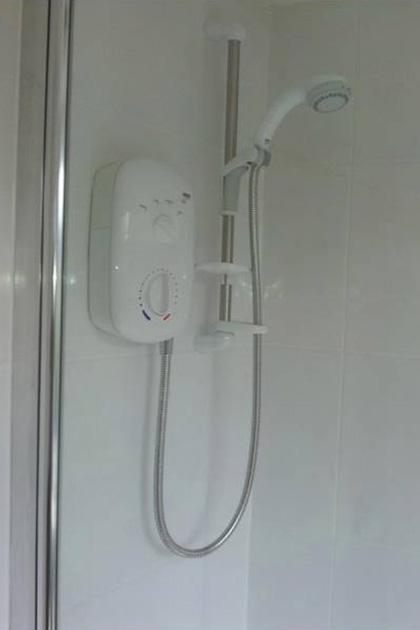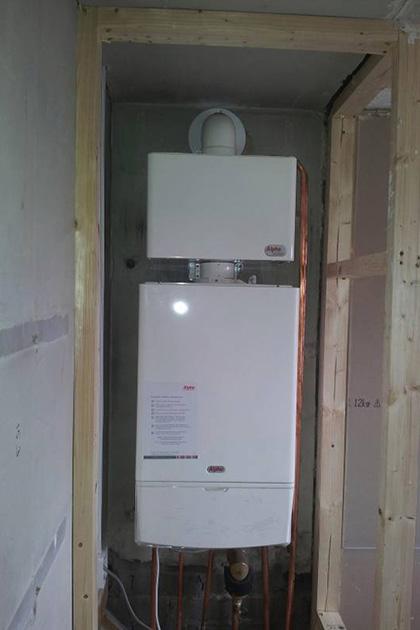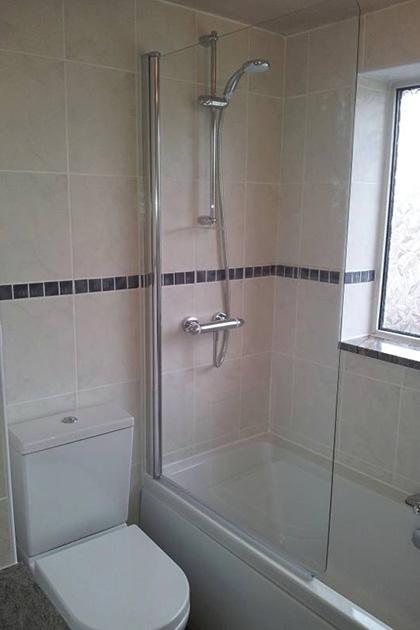Maintaining a well-functioning boiler is critical for homeowners seeking reliable heating and long-term cost efficiency. Most property owners overlook the importance of regular boiler maintenance, risking unexpected breakdowns, increased energy consumption, and potentially expensive repairs. This comprehensive guide will equip you with essential boiler repair tips that can help you preserve your heating system's performance, extend its operational lifespan, and avoid unnecessary expenditure.
Whether you're a seasoned homeowner or a first-time property owner, understanding basic boiler maintenance is not just about technical knowledge—it's about protecting your investment and ensuring consistent warmth during the coldest months. From identifying potential issues early to performing critical maintenance tasks, these insights will empower you to take proactive control of your heating system's health.

Why Regular Boiler Maintenance is Crucial
Regular boiler maintenance is essential for several reasons. Firstly, it ensures your boiler operates at peak efficiency, reducing energy consumption and lowering your utility bills. Secondly, routine maintenance extends the lifespan of your boiler, potentially saving you thousands of pounds in premature replacement costs. Lastly, it helps prevent unexpected breakdowns, which can be particularly inconvenient during colder months.
Common issues arising from neglected maintenance include scale build-up, which reduces heating efficiency, and corrosion of internal components, leading to leaks or complete system failure. Regular maintenance can identify and address these issues before they escalate into costly repairs.
Annual Boiler Inspections
An annual inspection by a Gas Safe registered technician is crucial for maintaining your boiler's performance and safety. During these inspections, the technician will check several key components:
1. Thermostat: Ensures accurate temperature control and efficient operation.
2. Safety controls: Verifies that all safety mechanisms are functioning correctly.
3. Valves: Checks for proper operation and any signs of wear or leakage.
4. Gauges: Confirms accurate pressure and temperature readings.
5. Proper firing: Assesses the boiler's combustion process for efficiency and safety.
These inspections can identify potential issues before they become serious problems, ensuring your boiler operates safely and efficiently throughout the year.
Cleaning the Boiler
Keeping your boiler clean is vital for maintaining its efficiency and longevity. Focus on two main areas:
1. Burners: Clean burners ensure proper combustion and prevent inefficient fuel use. Remove any debris or dust that may have accumulated.
2. Heat exchanger: A clean heat exchanger transfers heat more effectively. Carefully remove any soot or scale build-up. Dust and dirt can significantly impact your boiler's operation. They can clog filters, reduce airflow, and decrease overall efficiency. In severe cases, they can even cause overheating or component failure. Regular cleaning prevents these issues and maintains optimal performance.
Checking for Leaks
Regularly inspect your boiler and surrounding pipework for signs of leaks. Look for water droplets, damp patches, or unexplained puddles near the boiler. For gas boilers, be alert for any smell of gas, which could indicate a potentially dangerous leak. If you discover a water leak, turn off the water supply to the boiler immediately and contact a qualified technician. For gas leaks, evacuate the premises, call the National Gas Emergency Service on 0800 111 999, and do not return until the property has been declared safe.
Monitoring Boiler Pressure
Maintaining the correct pressure is crucial for your boiler's efficiency and safety. Most domestic boilers should operate between 1 and 1.5 bar when cold. Check the pressure gauge regularly, ideally once a month. If the pressure is too low, you may need to repressurise the system. This typically involves using the filling loop to add water to the system. If the pressure is too high, you may need to bleed your radiators. Always consult your boiler's manual for specific instructions, as procedures can vary between models.
Troubleshooting Common Issues
Here are some common boiler problems and their potential solutions:
1. No heat: Check the thermostat settings, ensure the boiler has power, and verify that the pilot light is lit (for older models).
2. Leaks: Identify the source of the leak. It could be a loose connection, a damaged seal, or a corroded pipe. Minor issues might be resolved by tightening connections, but significant leaks require professional attention.
3. Strange noises: Kettling (a rumbling sound) often indicates limescale build-up. Gurgling might suggest air in the system, which can be resolved by bleeding radiators.
4. Low pressure: Repressurise the system using the filling loop. If pressure drops frequently, there may be a leak in the system.
Safety Precautions
When performing DIY repairs, always prioritise safety:
1. Turn off the boiler and allow it to cool before attempting any work.
2. Never tamper with gas connections or sealed components.
3. Use appropriate tools and wear protective gear when necessary.
4. If you're unsure about any procedure, consult a professional.
FAQs
Get in Touch
Remember, while many maintenance tasks can be performed by homeowners, any work involving gas should only be carried out by a Gas Safe registered engineer. If you encounter any issues beyond your expertise, or if your boiler is still under warranty, it's best to call a professional to avoid risking your safety or invalidating your warranty.
Contact our team for advice or help at 01204 888255 today.

